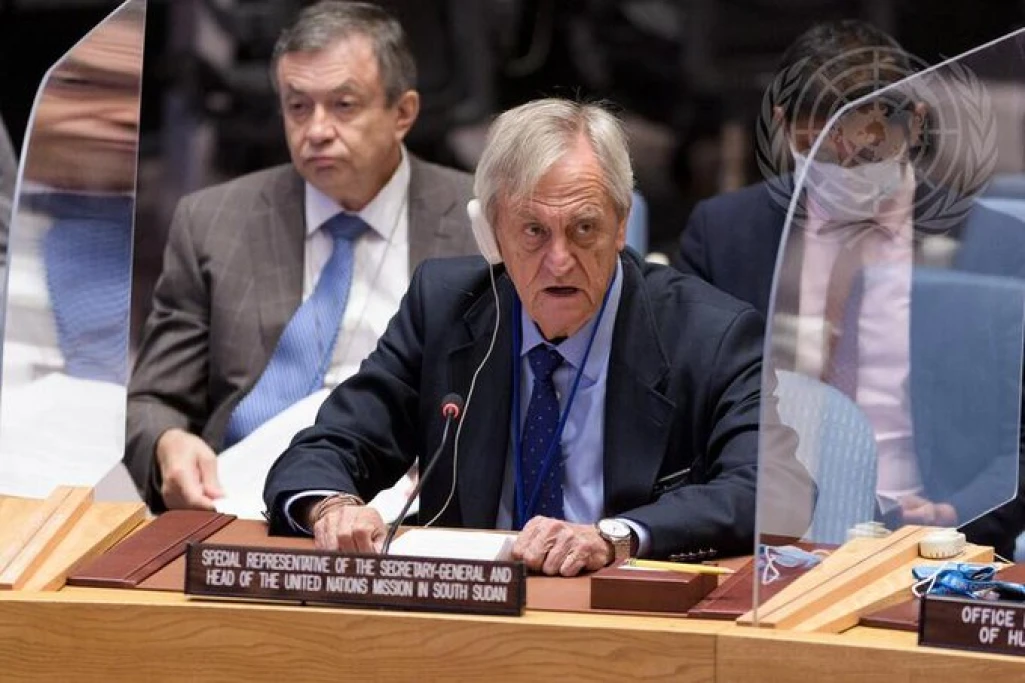
The Head of the United Nations Mission in South Sudan has expressed concerns over the humanitarian conditions exacerbated by subnational violence across the country.
Nicholas Haysom, who is also the Special Representative of the UN Secretary-General in South Sudan told the UN Security Council on Friday that the communal conflicts have led to the displacement of thousands of people.
He said violence are characterized by cattle raiding, abductions, revenge killings, and continuous fighting between armed groups in Upper Nile and Unity states.
“Subnational violence…continues to devastate communities and drive humanitarian needs. The fighting between SPLM/A-IO opposition forces and the Kitgwang and Agwelek factions in Upper Nile is concerning,” he stated.
Mr. Haysom added that the conflicts are being accompanied by sexual violence which have also expedite the humanitarian needs in the region.
“Incidents of conflict-related sexual violence are increasing. But it could be effectively addressed if all concerned parties and relevant authorities put a stop to the use of sexual violence as a weapon of choice.”
In addition to the conflicts, the Head of UNMISS told the council members that floods and climatic changes have affected South Sudan just like other countries around the world.
“Food security continues to deteriorate in South Sudan with an estimated 8.3 million people in need. These trends are being driven by climatic shocks including floods and droughts, by the conflict itself, the economic downturn, protracted displacement and disrupted livelihoods,” he stated.
Haysom appealed to the international community to sustain their support for the vulnerable people in South Sudan.
“Overall, humanitarian needs continue to outstrip available funding, requiring the re-programming of resources to respond to the most urgent crises. I, therefore, encourage donors to continue responding generously to the Humanitarian Response Plan, which is only 44.6 per cent funded.”
Amidst the challenging funding to respond to the humanitarian crisis, the Head of UNMISS still believes South Sudan has the ability to use its natural resources to address the needs of its people.
“…we know that if properly developed; livestock, agriculture, and wildlife could become engines of livelihood creation for generations to come. These natural endowments can be a source of conflict or cooperation, and it is always political will that can make a difference,” Nicholas Haysom underscored.